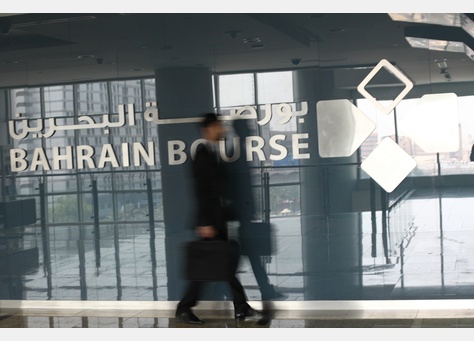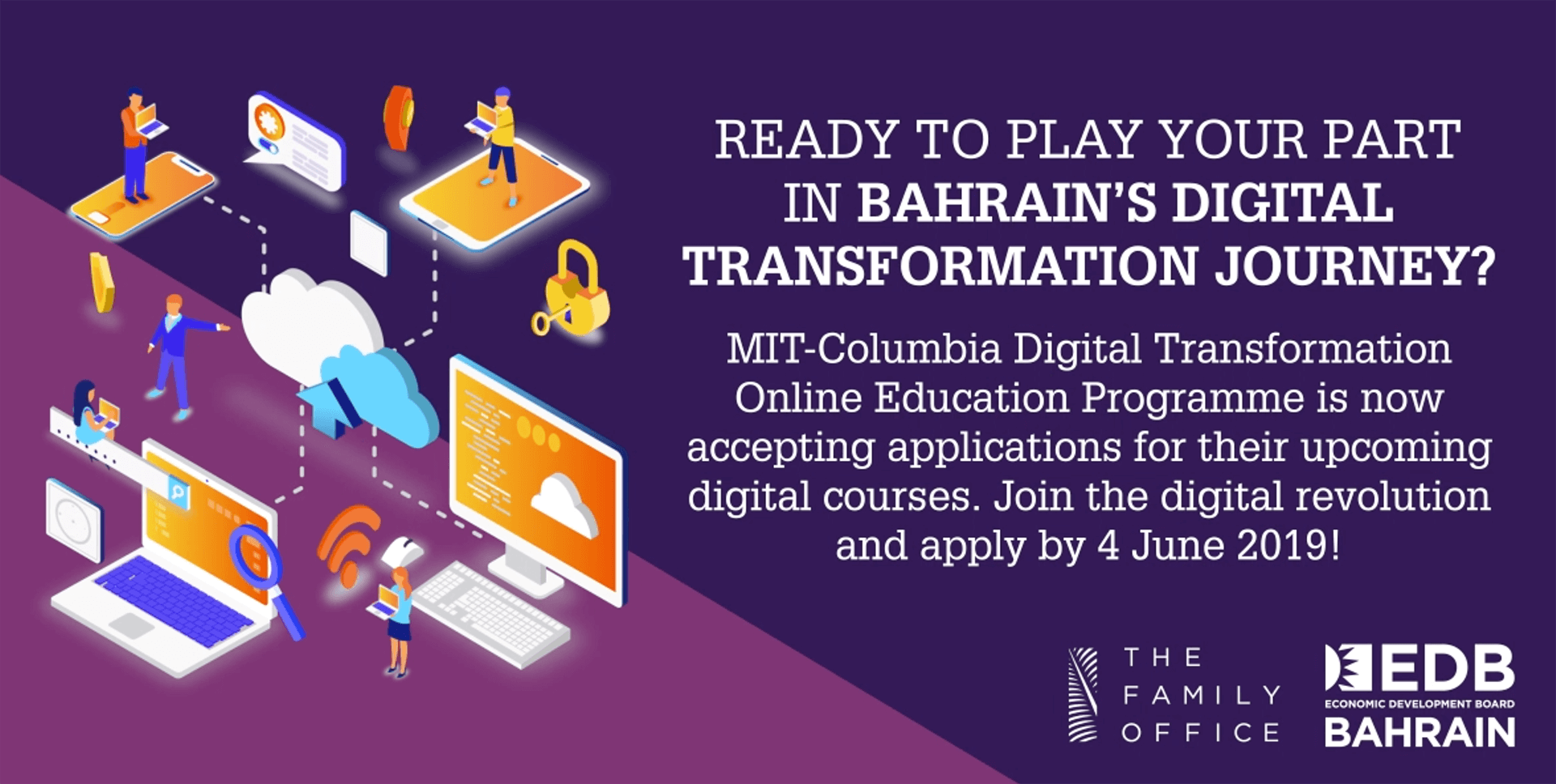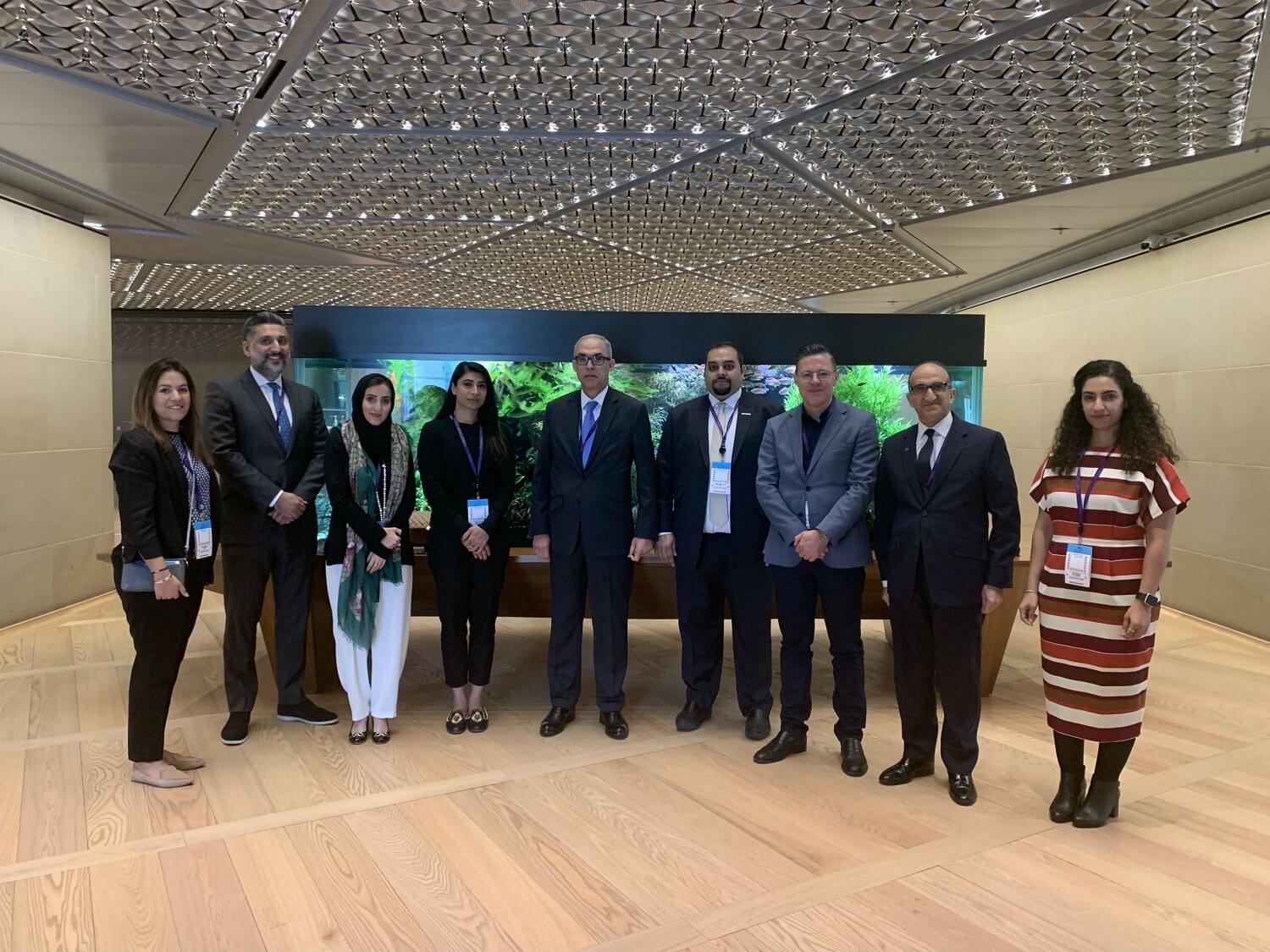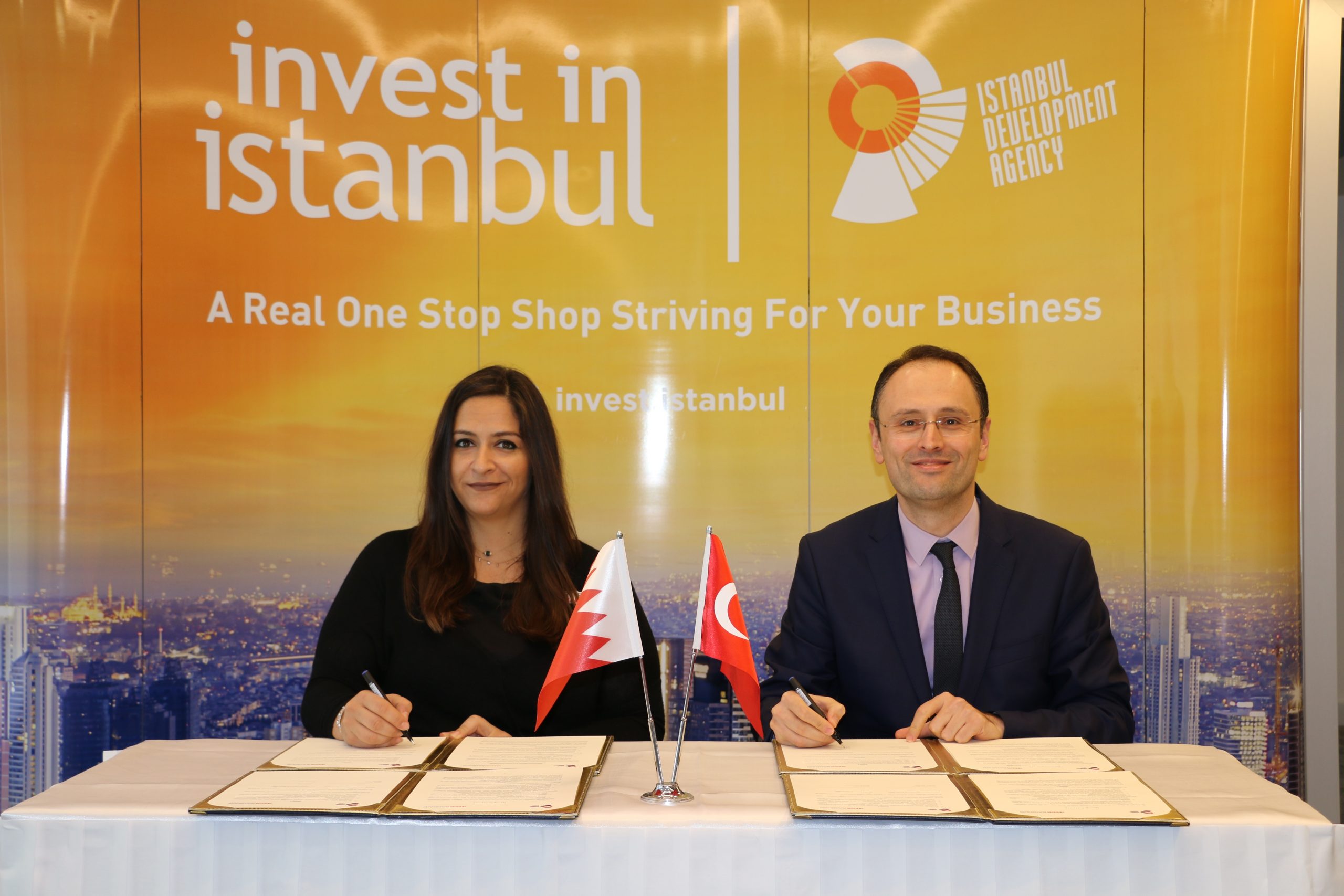British firm benefits from Brexit-busting digital boom
Press Release
A small British tech firm saved from the brink of bankruptcy two years ago is playing a leading role in the digital transformation of the Middle East.
Innervate – which operates from a 150-year-old barn conversion in rural Leicestershire – has expanded its established European customer base to serve a growing number of industry sectors in the oil-rich Kingdoms of Saudi Arabia and Bahrain.
Described by its CEO as “a tiny British business that consistently punches above its weight”, the firm was responsible for last year’s single biggest roll-out of Microsoft Dynamics CRM software to the region’s financial services industry.
It is also driving transformative technological change in the region’s education and travel sector.
Just over two years ago, it faced potential closure following Chapter 11 bankruptcy of its US-based parent company.
Senior UK executives led a management buy-out and the business is now at the forefront of a Brexit-busting boom in Middle Eastern demand for its homegrown expertise.
“I suppose you could say we are a bit of a best kept secret,” says CEO Andy Startin.
“But we aren’t about shouting from the rooftops. We’re about serving our customers and our customers’ customers, quietly and effectively. If at the same time we can lead a bit of a British charge overseas, when many innovations here and in Europe are being stifled by Brexit, then of course we’ll take that.”
The firm – which employs just over 50 people in the UK – has recently opened an office in Bahrain and is being actively supported by the Kingdom’s Economic Development Board (EDB; MENA’s leading FinTech Hub; and the UK government’s trade mission there.
Surprisingly, much of the Middle East is lagging behind the rest of the world in the tech stakes.
For decades, its vast, easily-tapped oil wealth has blunted a need for it to keep pace with the frantic global digital modernisation of economies more dependent on consumerism.
But recent downward reassessments of its oil reserves – coupled with an expanding younger population demanding ‘digital everything’ – has led to a technological awakening.
Demand for digital capability is so strong that Innervate is now exporting its own UK software engineering expertise as well as seeking to recruit and upskill a native workforce in the region.
“The Middle East is a fantastic place to do business,” explains Startin. “I’ve been seduced by the region’s appetite for change and also by its people, who are excited by the opportunities that digital presents. The opportunity is huge and it feels like we are in at the beginning of something very significant.
“Social and cultural change is driving digital modernisation in every sector. There is a genuine desire to embrace new ways of working and business is very serious about it. Unlike in Europe, which feels like it is shrinking due to Brexit, the Middle Eastern economy is accelerating.
“Many businesses are seeking to respond to customer demand for change but are dependent on unfit-for-purpose legacy systems upon which to execute. That’s where we come in.”
Innervate is a Gold partner of global tech giant Microsoft and deploys configured versions of its Dynamics 365 software to power Customer Relationship Management (CRM), fully integrating with a myriad of systems to provide a single view of the customer and a single version of the truth.
It is currently engaged on three ongoing customer projects in the Middle East and recently hosted with Microsoft an education and insight event for financial services entrepreneurs and executives at Bahrain’s most prestigious business venue, The Capital Club.
An event to mark their recent opening of an office in the country was hosted by the UK Ambassador Simon Martin, CMG at his official residence.
“The support we are receiving in the region is amazing,” says Startin. “It feels like we are running a Bahraini business as opposed to a British business with an office in Bahrain. It also feels like we are making an impact with the business community in the Middle East as a whole. They like the fact that we have made a commitment to the region by investing in a permanent base here. It has shown me that, although we are a tech business, success is about people and relationships too.”
“The reality is that we are a tiny British business that is punching way above its weight in a region of the world that is hungry for our expertise and approach, and my team is excited for the future.”
Originally posted on Zawya











